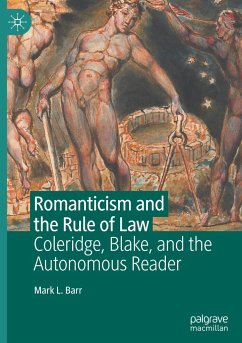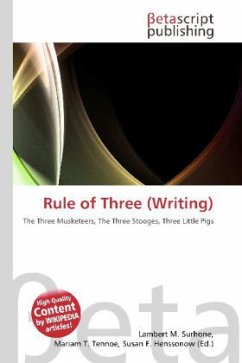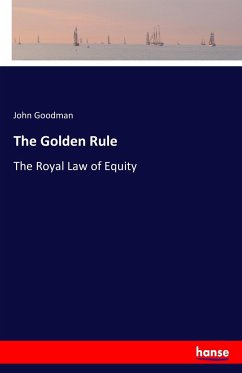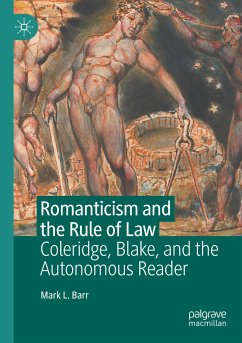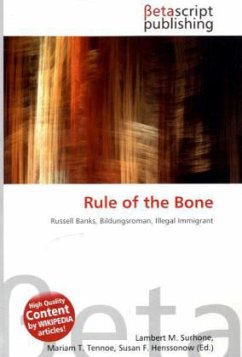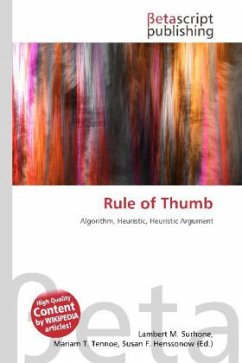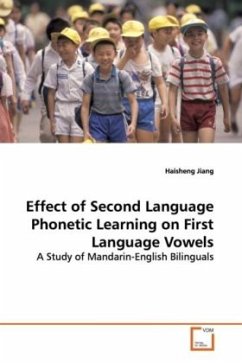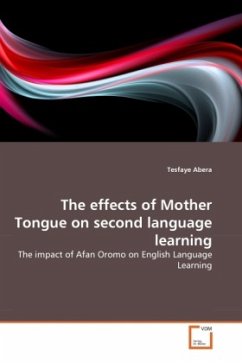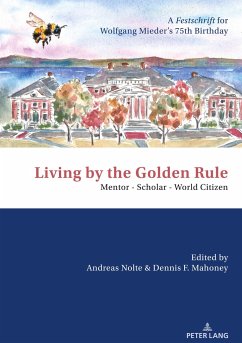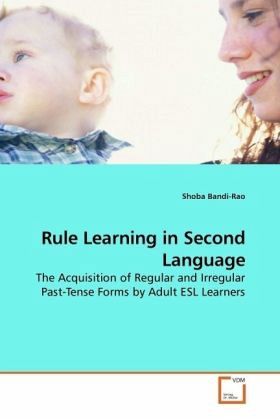
Rule Learning in Second Language
The Acquisition of Regular and Irregular Past-Tense Forms by Adult ESL Learners
Versandkostenfrei!
Versandfertig in 6-10 Tagen
45,99 €
inkl. MwSt.

PAYBACK Punkte
23 °P sammeln!
Learning a second language as an adult contrasts sharply with learning a first language as a child. Parents do not explicitly teach grammar rules to their children, yet all normal children attain full competence of the grammar in their language. Like-wise, grammatical competence is frequently observed for those learning a second language in their childhood. However, those learning a second language in their adulthood do not appear to attain the same degree of grammatical competence. This book attempts to account for aspects of the observed child-adult differences. It examines some of the under...
Learning a second language as an adult contrasts sharply with learning a first language as a child. Parents do not explicitly teach grammar rules to their children, yet all normal children attain full competence of the grammar in their language. Like-wise, grammatical competence is frequently observed for those learning a second language in their childhood. However, those learning a second language in their adulthood do not appear to attain the same degree of grammatical competence. This book attempts to account for aspects of the observed child-adult differences. It examines some of the underlying cognitive processes involved in the acquisition of the simple past tense in English by adult learners using written and oral production tasks, grammaticality judgment tasks, and a story-telling task. Results from the study indicate that some of these rule learning mechanisms do not appear to be available to adult language learners to the same extent as they are to first language learners. The book suggests ways to incorporate these insights concerning cognitive processing into current teaching practices to help adult language learners master certain grammar rules more efficiently.



